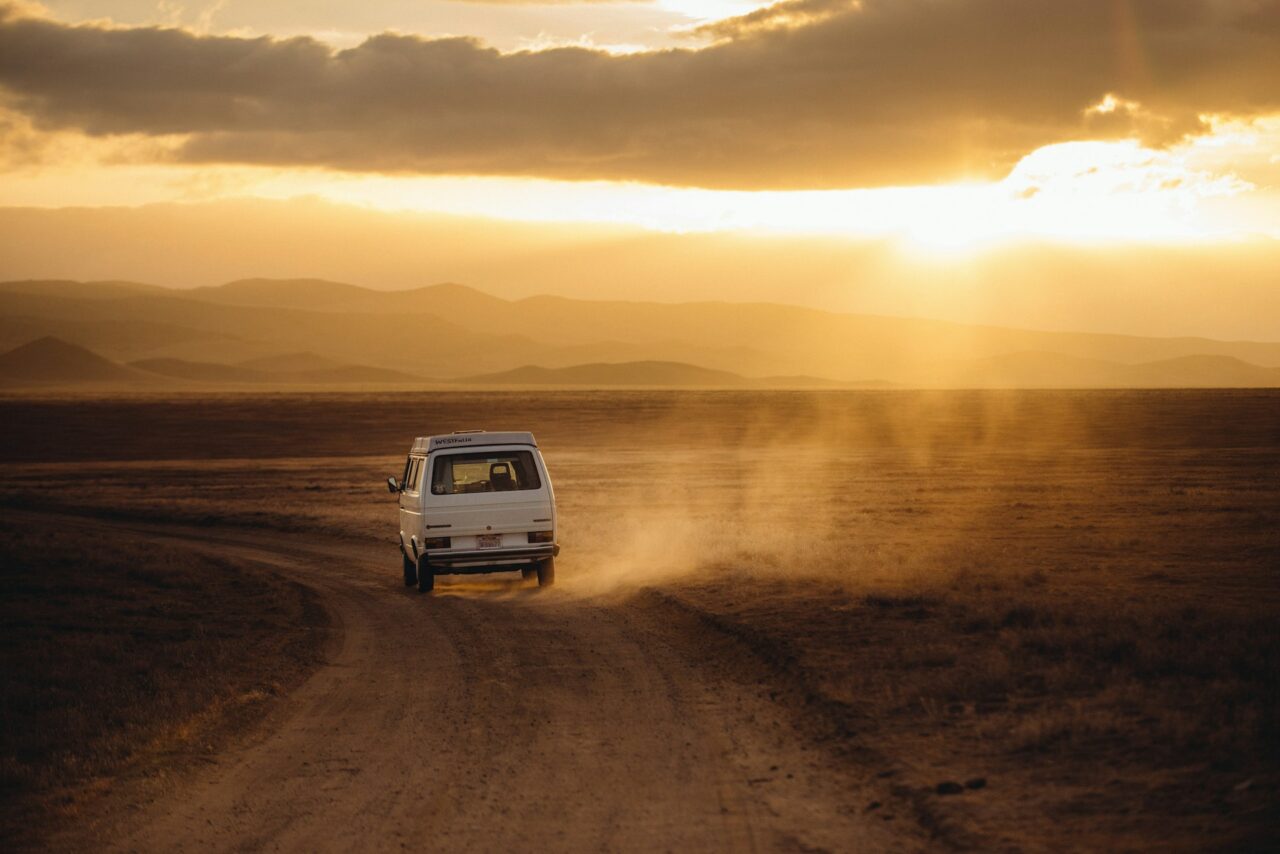Planning for travel generally means speculating about all the fun and exciting things you’ll get to explore in a totally new area. The last thing you want to think about is a tragic accident unfolding during your travels. However, it’s still important to be prepared.
So what happens if you’re involved in a traffic accident in a totally different area? And what steps can you take to minimize the chances of such an accident?
What to Do After an Accident While Traveling
If you do end up in an accident while on vacation or otherwise traveling away from home, these are the most important steps to take:
· Get to safety. Your first priority should be getting yourself and anyone else involved in the accident to safety. If your vehicle is still drivable, pull to the side of the road. If you’re in the road, get out of it. If the vehicle is disabled, your options may be limited, so do whatever you can to minimize the chances of another accident occurring.
· Contact emergency services. After that, it’s a good idea to contact emergency services. This is true even if you don’t feel like you’re injured; the adrenaline rush caused by the experience could be minimizing your pain or distorting what you feel. It’s important to be checked out by a medical professional to clear you of injuries and/or help you recover.
· Help others. If possible, consider helping others involved in the accident. If someone is trapped in a vehicle, see if you can help them get out. If you have any medical experience, you may be capable of superficially treating certain injuries. That said, it’s important to exercise caution in this regard; moving someone with a neck or spinal injury could end up hurting them even worse.
· Get a police report. Even if the accident seems relatively minor, take the time to get an official police report. This is going to serve as an official record of events, and could be very useful in negotiating with insurance companies or suing the other driver. This can also help protect you if the other driver chooses to change their story in the future. Make sure everything recorded in the police report is accurate to the best of your knowledge.
· Take photos and videos. Next, be sure to take plenty of photos and videos of the accident, as well as any damage suffered by people involved in the accident. This could serve as valuable evidence if you negotiate for a higher settlement in the future.
· Talk to a lawyer. Talk to a lawyer with experience in the type of accident you experienced and with qualifications in the area where the accident occurred. For example, if you were in an accident on your motorcycle, talk to a motorcycle accident attorney. If that injury happened in Florida, you’ll need an attorney qualified to practice in Florida. Your lawyer can help you understand your rights, understand the nature of your accident, and advise you on the best way to move forward. Sometimes, that means taking the insurance settlement directly. Sometimes, that means negotiating with insurance companies. Sometimes, this even means going to trial.
· Start making arrangements. Start making arrangements if necessary. These arrangements depend on a number of factors, including the severity of the accident, your personal responsibilities, and your current location. For example, if you’re in the hospital across the country, you may need to call your boss and let him know you won’t be able to go to work this week.
How to Prevent Accidents While Traveling
Fortunately, there are some things you can do to prevent and minimize the severity of accidents while you’re traveling:
· Familiarize yourself with local laws and regulations. Every state in the United States has unique rules when it comes to traffic and driving. If you’re traveling abroad, you’ll likely be exposed to even more unique traffic laws. It’s important to take some time to familiarize yourself with local laws and regulations so you can follow them appropriately.
· Get some practice with your vehicle. Traveling sometimes means renting an unfamiliar vehicle, so take a bit of time in the parking lot with the vehicle so you can get used to handling it. This is especially important if you’re dealing with new and challenging variables, like snowfall.
· Exercise more caution than usual. Accidents are always risky, but they’re both riskier and more inconvenient when you’re traveling. Accordingly, you should exercise even more caution than usual, reducing your speed, increasing your following distance, and driving defensively.
· Eliminate distractions. Distracted driving causes thousands of deaths every year, and there’s no excuse for it. While traveling, eliminate distractions to the best of your ability; use only hands-free technology and keep your eyes on the road. This is especially important in unfamiliar areas.
· Buckle up. The majority of accidents can be prevented – but not all of them. No matter how far you’re driving or how many other safety precautions you’ve taken, it’s important to wear your seatbelt. Chances are, you’re required to do so by local laws anyway.
Traveling in an unfamiliar area can be somewhat risky, but with the right preparation strategies, you can keep yourself safe. And if the worst happens and you end up in an accident, you’ll now know exactly what to do.

